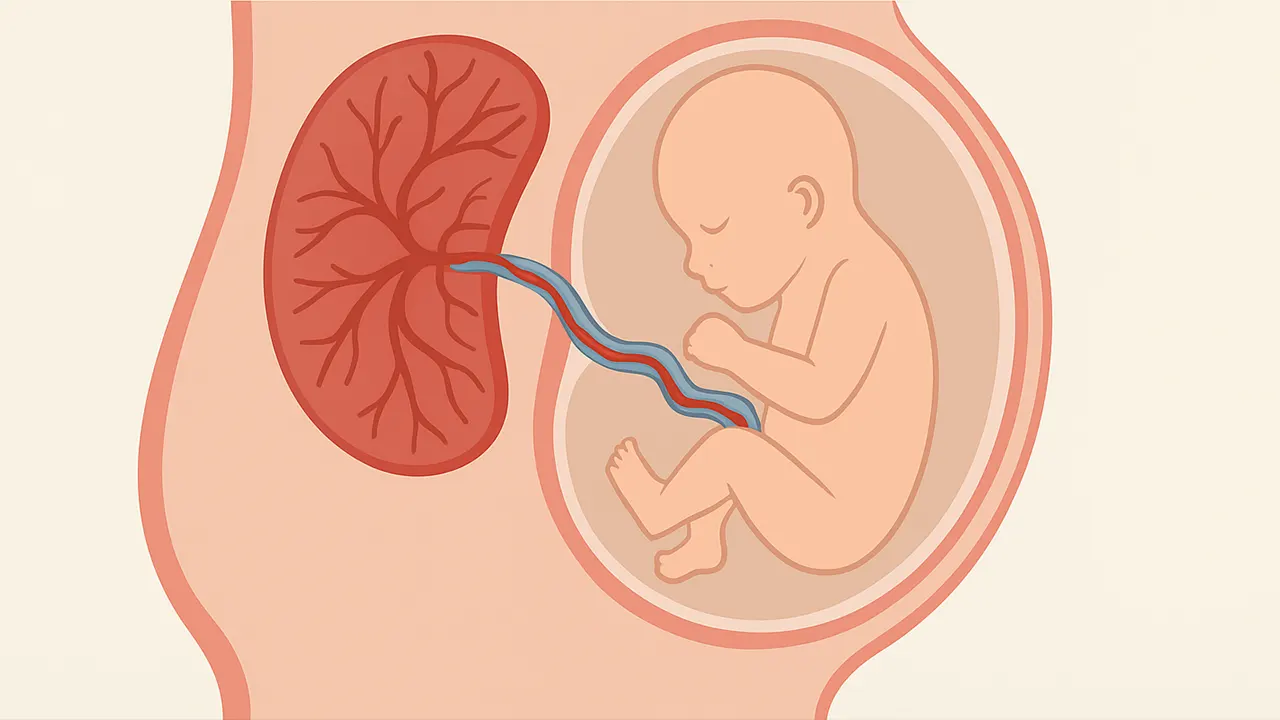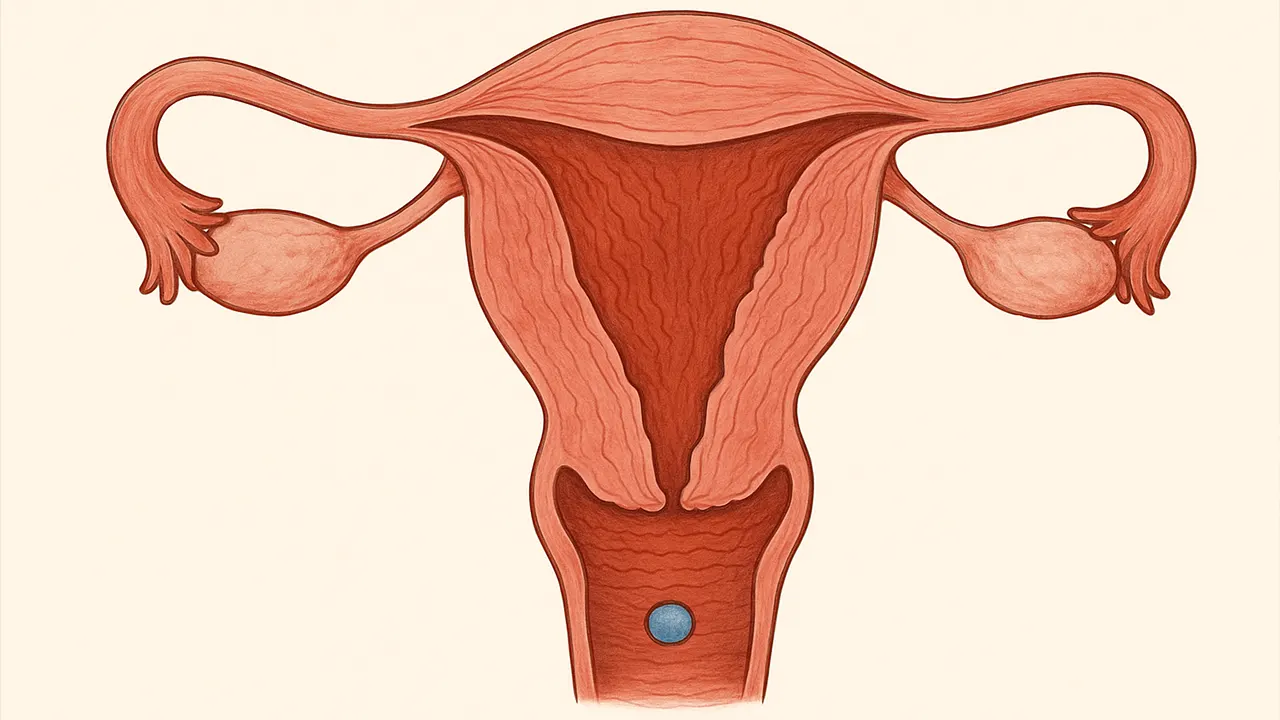
The Umbilical Cord: The Lifeline Before Birth
The umbilical cord—often called the baby’s lifeline—is one of the most remarkable structures in human development. Hidden from view for most of pregnancy, this flexible, rope-like organ connects a growing fetus to its mother, ensuring nourishment, oxygen, and life itself. Though it serves a temporary purpose, the umbilical cord plays a role so vital that without it, human life in the womb would be impossible. Beyond basic biology, the umbilical cord carries fascinating scientific facts, clinical importance, cultural symbolism, and promising applications in regenerative medicine. This article explores the cord from formation to future medical use, written for learners and curious readers.









